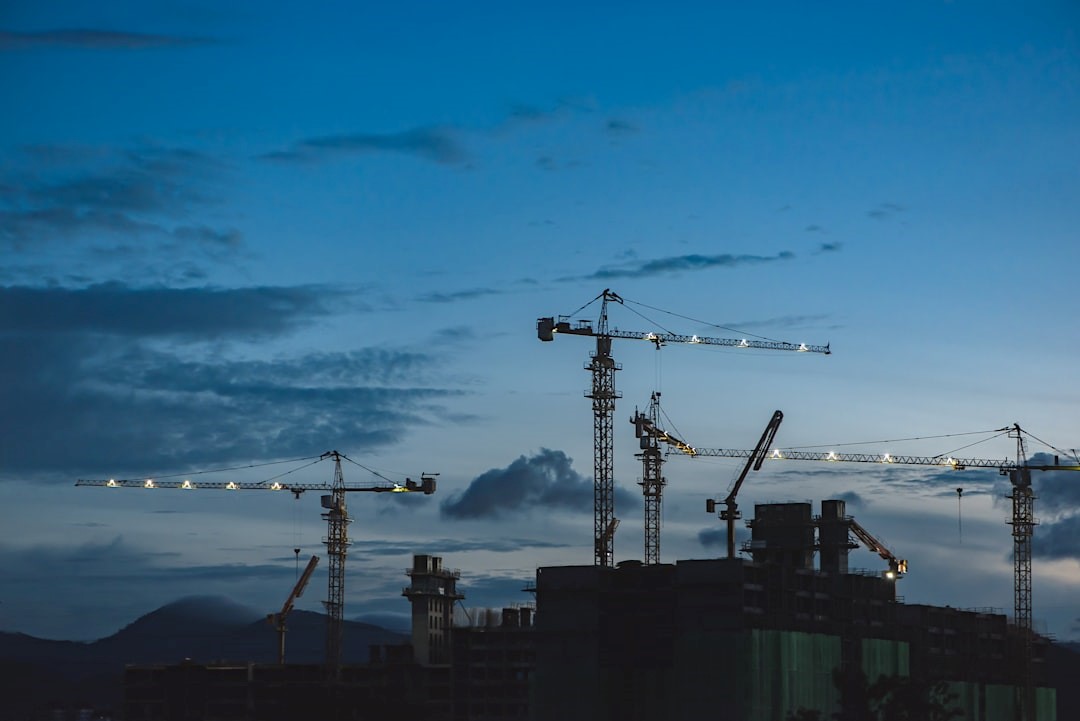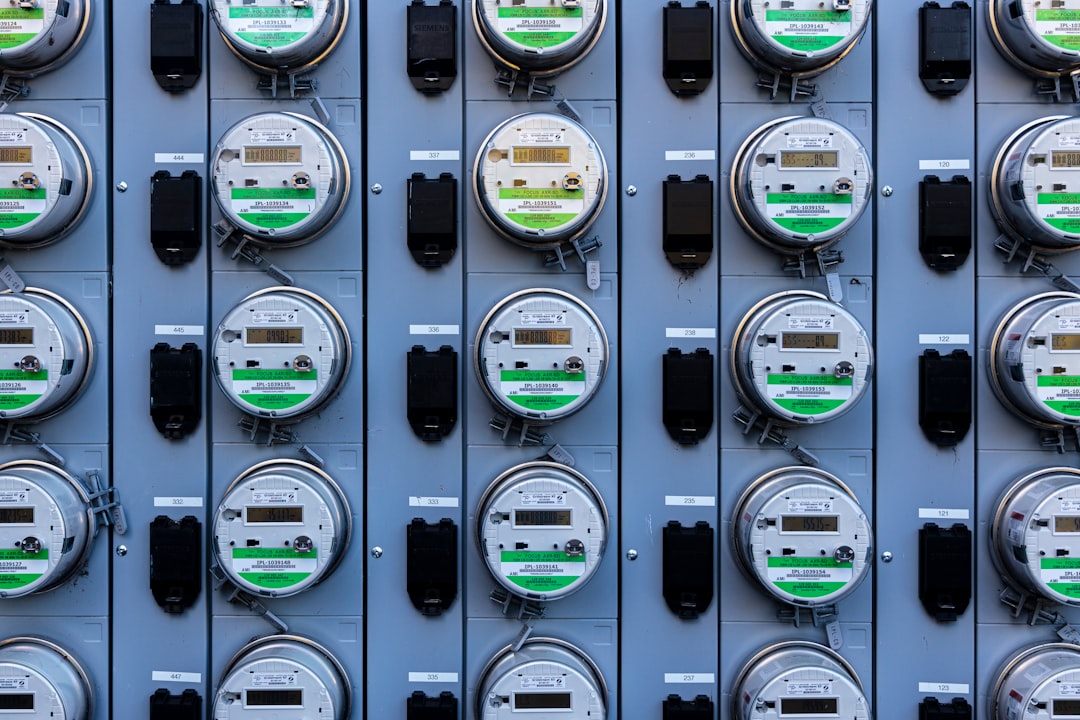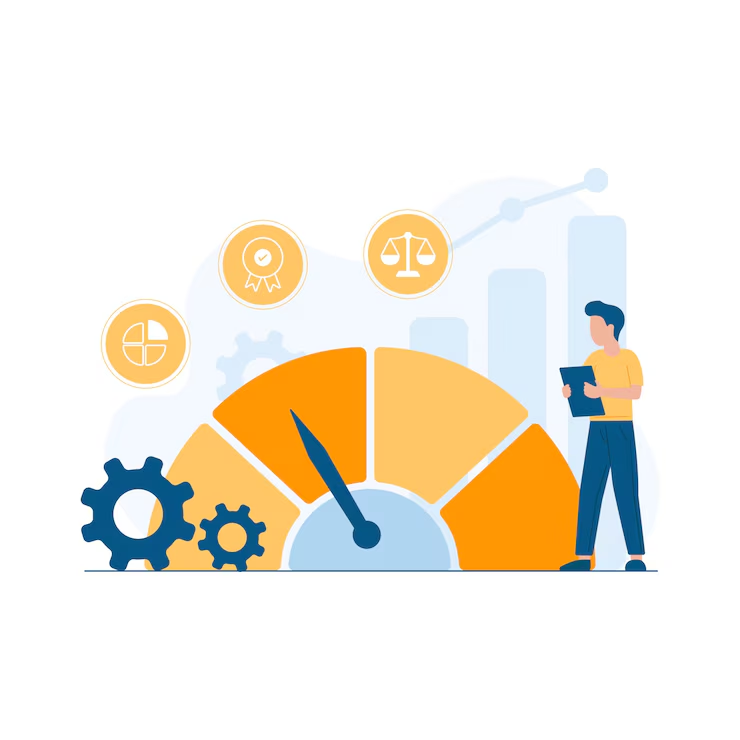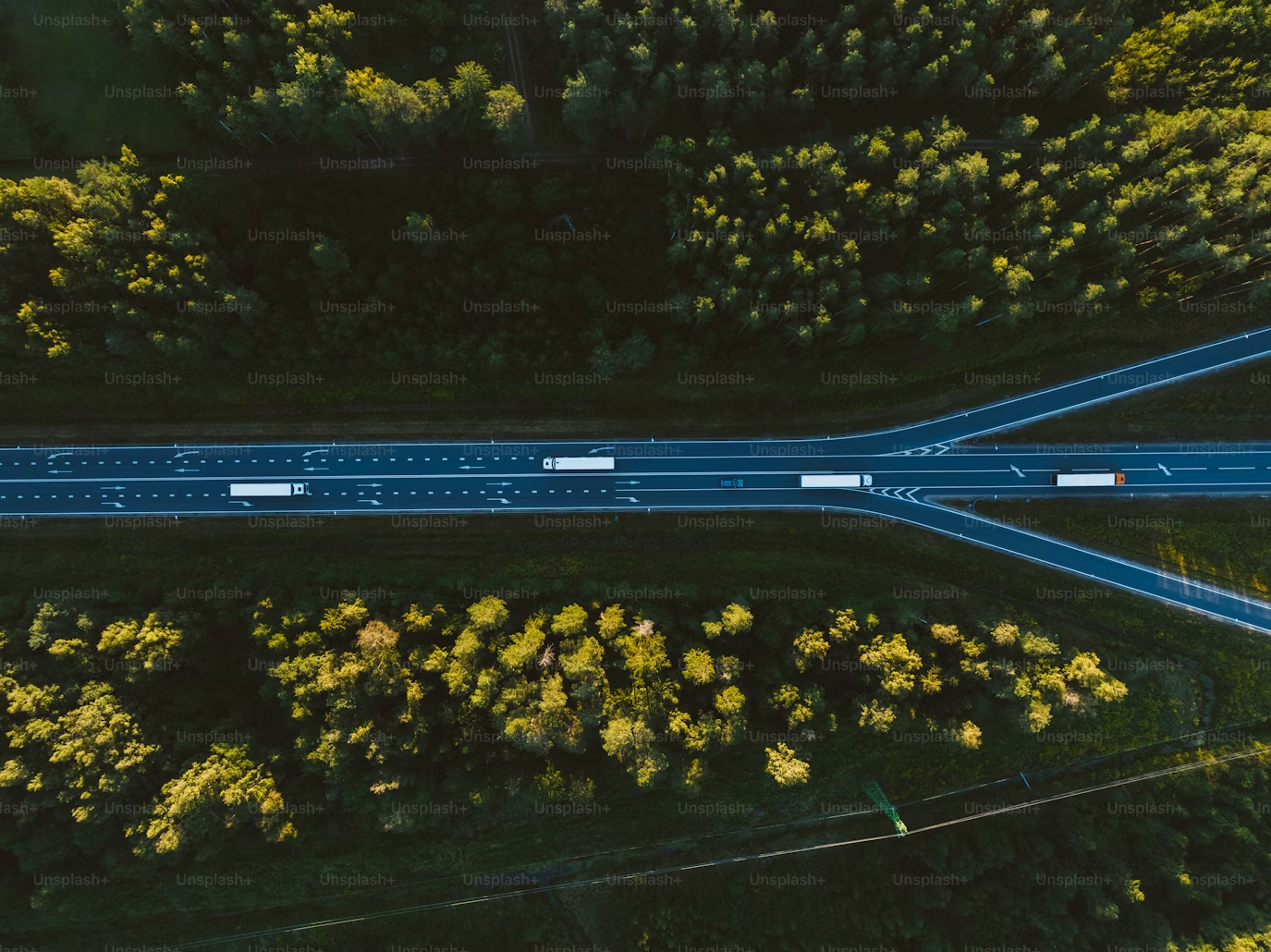How IoT is Reshaping the Construction Sector: 9 Game-Changing Trends
-
May 26, 2025
-
6 min read

The construction industry, often perceived as traditional and slow to change, is undergoing a quiet revolution powered by the Internet of Things (IoT). As IoT in construction gains momentum, it’s ushering in an era of smarter, safer, and more efficient building practices. From connected machinery to self-monitoring structures, IoT is redefining how we plan, execute, and maintain construction projects.
In this article, we’ll explore the key trends and innovations that are driving this transformation and how businesses can leverage IoT to gain a competitive edge in the construction landscape. Let’s dive into the world of smart construction and discover the potential of IoT in reshaping the industry.
IoT in Construction: An Overview
Before we delve into the specifics, let’s understand what IoT in construction entails. In essence, it involves the integration of internet-connected devices, sensors, and software into various aspects of construction operations. These IoT solutions collect and transmit real-time data, enabling better decision-making, process optimisation, and asset management.
The importance of IoT in the construction sector cannot be overstated. Traditionally, the industry has grappled with challenges such as low productivity, cost overruns, safety concerns, and resource inefficiencies. IoT addresses these pain points by:
- Providing real-time visibility into project progress and resource utilization
- Enhancing collaboration and communication among stakeholders
- Enabling predictive maintenance and equipment optimisation
- Promoting sustainable construction practices through resource monitoring and waste reduction
9 IoT Trends Revolutionising Construction
Let’s have a look at some of the IoT trends that are ruling the construction industry:
1. Smart Equipment and Predictive Maintenance
One of the most significant applications of IoT in construction is in the realm of equipment management. By embedding IoT sensors into machinery, construction companies can monitor performance in real-time, enabling predictive maintenance and reducing downtime.
Global players like Caterpillar use IoT to manage equipment health proactively. Airtel SuperTracker enables similar capabilities—tracking key performance indicators (KPIs) for construction fleets, alerting operators about potential issues, and helping schedule timely servicing.
2. Real-Time Site Monitoring
IoT-enabled devices, such as drones and surveillance cameras, allow construction managers to remotely monitor job sites. This ensures safety compliance, tracks progress, and provides instant updates, reducing the need for constant on-site supervision.
Wearable devices like smart helmets and vests also play a crucial role in monitoring workers’ health and alertness, enhancing safety, and reducing workplace accidents.
3. Concrete Monitoring and Smart Structures
IoT in construction has revolutionised concrete construction by embedding sensors into structures to monitor temperature, strength, and stability in real-time. Solutions like Giatec’s SmartRock® and Sensohive Maturix optimise curing times and improve structural integrity.
Moreover, self-monitoring structures equipped with IoT sensors can provide early warnings about potential issues, enabling preventative maintenance and extending asset lifecycles.
4. Fleet and Asset Management
IoT-enabled fleet management systems like Airtel IoT fleet tracking solutions track vehicles, optimise routes, and monitor fuel consumption. This reduces operational costs and enhances efficiency. RFID- and GPS-based IoT systems also prevent theft and loss of tools and equipment, improving asset utilisation and project timelines. Tools like Airtel SuperTracker give construction firms granular visibility over their entire fleet—helping reduce idle time, monitor driving behaviour, and optimise equipment usage.
5. Digital Twins and Virtual Modeling
Digital twins integrate IoT data with virtual models to create real-time simulations of construction projects. This allows for better planning, resource allocation, and risk assessment. Augmented reality (AR) tools enable immersive project visualisation, enhancing collaboration and accuracy during the design and construction phases.
6. Sustainable Construction Practices
IoT in construction supports green building initiatives by optimising energy use, monitoring waste, and managing water resources. Smart systems adjust lighting and HVAC based on occupancy, reducing energy consumption and carbon footprints. Environmental monitoring through IoT sensors ensures compliance with sustainability standards and minimises ecological impact.
7. Enhanced Worker Safety
Worker safety is paramount in the construction industry, and IoT offers innovative solutions to mitigate risks. Wearable devices monitor vital signs, detect falls, and alert supervisors in case of emergencies. Smart PPE (personal protective equipment) ensures proper usage and compliance with safety protocols.
8. Streamlined Supply Chain Management
IoT enables end-to-end visibility and tracking of construction materials, from procurement to on-site delivery. Real-time inventory monitoring prevents stockouts and reduces waste. IoT-based logistics optimisation ensures timely deliveries and minimises delays, keeping projects on schedule.
9. Data-Driven Decision Making
The wealth of data generated by IoT in construction empowers businesses to make informed, data-driven decisions. Predictive analytics help forecast project timelines, resource requirements, and potential risks. Real-time insights enable proactive problem-solving and continuous improvement, leading to increased efficiency and profitability.
Airtel IoT: Enabling Smart Construction
As a leading IoT solutions provider, Airtel IoT offers advanced connectivity and device management solutions tailored for the construction industry. With scalable Airtel IoT connectivity solutions, including 5G and NB-IoT, Airtel IoT ensures seamless communication across large construction sites.
The centralised IoTHub platform allows construction companies to monitor and manage IoT devices, track data usage, and optimise costs. Airtel IoT’s real-time insights and predictive analytics enable proactive decision-making and better resource management.
The Future of IoT in Construction
As IoT in construction continues to evolve, we can expect to see even more transformative innovations in the coming years. Advanced data analytics will enable deeper insights, improving operational efficiency and decision-making. The rise of autonomous IoT-enabled equipment will further enhance safety and productivity.
Moreover, IoT will play a pivotal role in achieving green building certifications and promoting eco-friendly construction practices. The integration of IoT with other emerging technologies, such as artificial intelligence and blockchain, will unlock new possibilities for smart contracts, automated quality control, and seamless collaboration.
Airtel IoT offers construction companies a future-ready solution with:
- Pan-India 5G-ready network
- IoTHub for device lifecycle management
- SuperTracker for advanced fleet and asset monitoring
- Customisable dashboards with real-time analytics
In a Nutshell
The integration of IoT in construction is transforming the industry by addressing long-standing challenges and unlocking new opportunities for efficiency, safety, and sustainability. From smart equipment management and real-time site monitoring to digital twins and green building practices, IoT offers a wide range of innovative solutions that align with the demands of modern construction projects.
As the construction sector continues to evolve, the adoption of IoT technologies will become increasingly critical for businesses to remain competitive and meet the growing expectations of clients and stakeholders. By leveraging the power of connected devices, intelligent systems, and data-driven insights, construction companies can streamline operations, enhance safety, and drive sustainable practices.
Airtel IoT, with its robust connectivity solutions and industry-specific applications, is well-positioned to support the digital transformation of the construction sector. By partnering with Airtel IoT, construction businesses can harness the full potential of IoT, gaining a competitive edge and shaping the future of the industry.
 Share
Share








